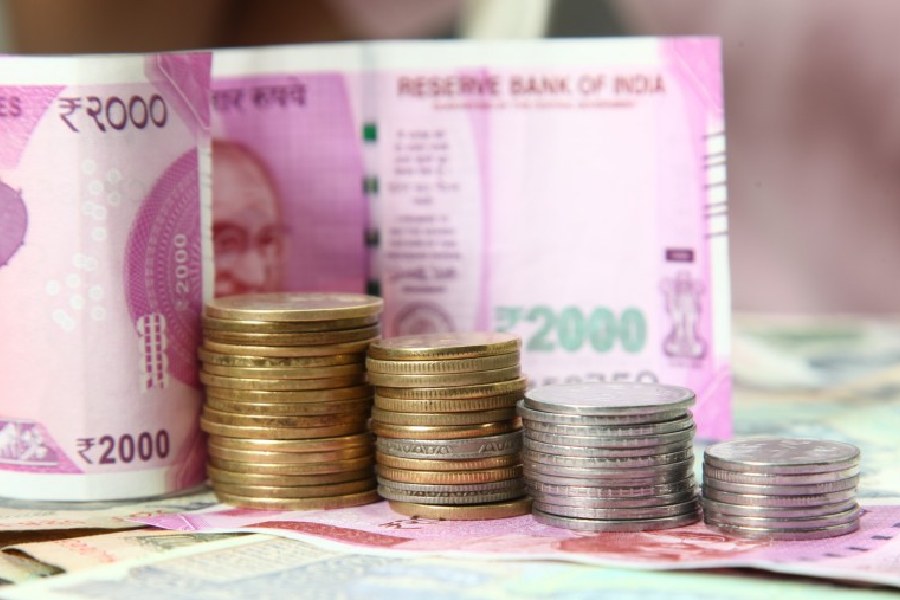There is a tide in the affairs of women in south Asia. But one doubts if all of it, taken at the flood, will lead on to fortune. In Pakistan, Benazir Bhutto has been able to make the military regime bend over backwards to accommodate her wishes, to grant her amnesty and smoothen the way for her return. In Myanmar, the military dictators, recuperating from a popular backlash, seem close to conceding that Aung San Suu Kyi remains a viable political force and they may, sooner or later, have to ‘talk’ to her. On the face of it, Ms Bhutto’s gains are more substantial than Ms Suu Kyi’s. The latter may not be anywhere close to participating in a democratic exercise unlike Ms Bhutto, who could soon be shouting slogans for her electoral campaign. Yet today, the halo around the Myanmarese leader appears to be brighter than before, while Pakistan’s former prime minister stands somewhat discredited for her parleys with a dictator. Is the world judging her too harshly? Maybe, or maybe not. But first let us consider what there is to choose from.
On the one hand is the image of a popular leader who is indomitable in spirit, incorruptible and prepared to sacrifice her personal happiness for the cause of the country. Throughout the past 18 years, ever since she arrived in Myanmar to nurse her ailing mother in 1988 and got caught up in a pro-democracy movement, Ms Suu Kyi has epitomized this image in her person. Her undying optimism and non-violent protest against one of the world’s cruellest regimes have made her into an icon not only to her own people but also to human rights crusaders throughout the world. Despite being politically incapacitated by 12 years of house arrest, she remains a symbol of hope for the nation.
On the other hand is the image of an opportunist and a venal politician. Still to live down accusations of ineffectual leadership and epic levels of corruption during her two tenures as prime minister, Ms Bhutto, following her clandestine dealings with Pervez Musharraf, is seen as traitor to the movement for democracy in her country. Unlike Ms Suu Kyi, she cannot lay claims to any major personal sacrifice either. She fled the country to escape corruption charges, stood by her controversial husband and now lives a privileged life with her children in Dubai and London.
But then, isn’t the world expecting too much of a politician? Do the ideals that Ms Suu Kyi holds up for the world to emulate not set too stringent a standard to be followed commonly? Besides, whoever said heroes necessarily needed to be idealists to be celebrated? If Nawaz Sharif, despite a past no less suspect than Ms Bhutto’s, could become a rallying figure for his country overnight, does his compatriot need to conform to exacting standards of moral behaviour? Is it so impossible to conceive of Ms Bhutto’s apparent stupidity as a supreme sacrifice on her part to give democracy a chance? Even if it is not, Ms Bhutto cannot be expected to be Ms Suu Kyi. A politician and a heroine live by different standards.










